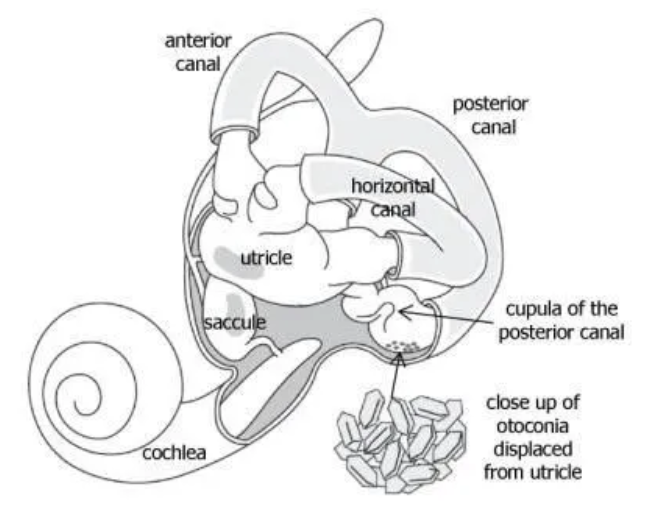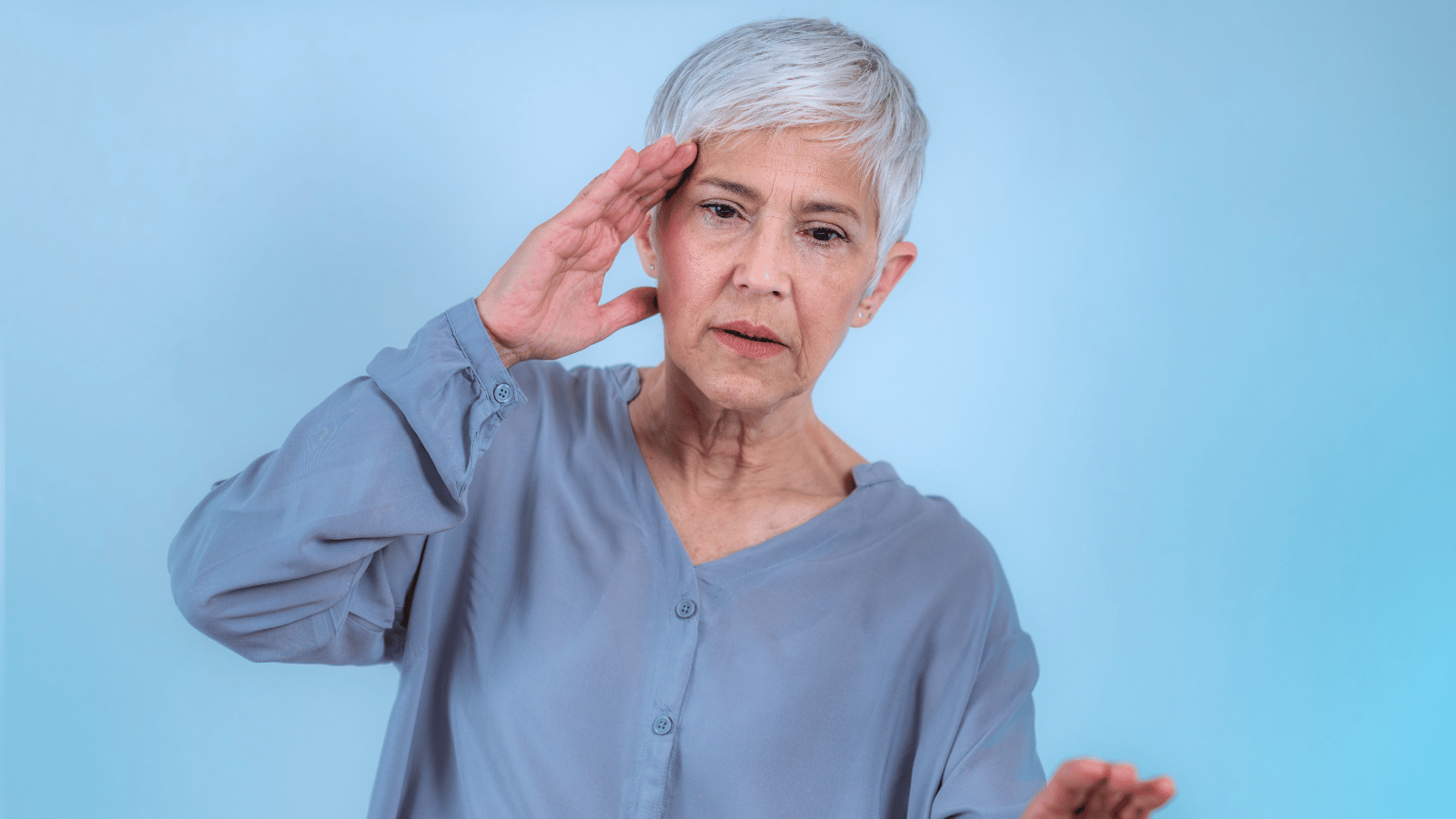Vertigo: Is It a Disease or a Symptom?
POSTED: 24 Feb, 2024
Feeling like the room is spinning? You’re not alone! Did you know that 80% of individuals over 65 have experienced vertigo at least once? While dizzying, vertigo itself isn’t a disease—it’s a symptom often linked to inner ear issues.

Vertigo can come with various symptoms
1. Room spinning
2. Dizziness
3. Blurred vision
4. Unsteadiness and falls
5. Motion sensitivity
6. Tinnitus (ringing in the ear)
7. Hearing loss
8. Ear pressure or fullness
Common Causes of Vertigo
1. BPPV: Brief, intense vertigo triggered by movements due to displaced inner ear
crystals.
2. Neuritis and Labyrinthitis: Sudden, constant vertigo from ear inflammation, often
viral.
3. Meniere’s Disease: Episodes of intense vertigo with hearing changes due to inner ear
fluid build-up.
4. Acoustic Neuroma: Balance and vertigo issues from a non-cancerous cranial nerve
tumor.
Physiotherapy Offers Hope
- Successful methods like Particle Repositioning Manoeuvres (PRM) can resolve BPPV by accurately repositioning inner ear crystals.
- Vestibular physiotherapy encourages the brain to compensate for lost inner ear function, using exercises to improve balance and gait.
- No one should live their life on a carousel of dizziness. Our team of expert physiotherapists is here to support you in regaining your balance and stepping off the spinning roundabout of vertigo.
Contact Integrate Physio Team
Contact us today at 1300 895 169 to schedule a customized physiotherapy session. Together, we can chart a course toward stability and a life without the fear of falling at every turn. Join our community striving for a dizzy-free life, and reach out to our friendly team.
References
- Barker, F. et al. (2014). Recommended procedure for hallpike manoeuvre. British Society of Audiology. [View Source](http://www.thebsa.org.uk/wp-content/uploads/2014/04/HM.pdf)
- Bisdorff, A. et al. (2009). Classification of vestibular symptoms. Journal of Vestibular Research: Equilibrium & Orientation. 19(12). [View Source](https://pubmed.ncbi.nlm.nih.gov/19893191/)
- APTA clinical practice guidelines for peripheral vestibular hypofunction, Hall et al.(2016). [View Source](https://www.apta.org/your-practice/outcomes-measurement/cpgs-other-guidelines)
Recent News
-
Knee and ACL Injuries
Knee and ACL Injuries Knee injuries, including anterior cruciate ligament (ACL) tears, are prevalent in the athletic community, necessitating a proac...
-
Pelvic Girdle Pain in Pregnancy
🌸 Embrace Every Step of Your Pregnancy Journey with Comfort and Confidence! 🌸 Pregnancy is a miraculous chapter in a woman's life, marked by th...
-
Management strategies for Acute Low back pain
Acute Low back pain Back pain is a widespread and often frustrating experience that can impact people across various lifestyles. Understanding the tr...
